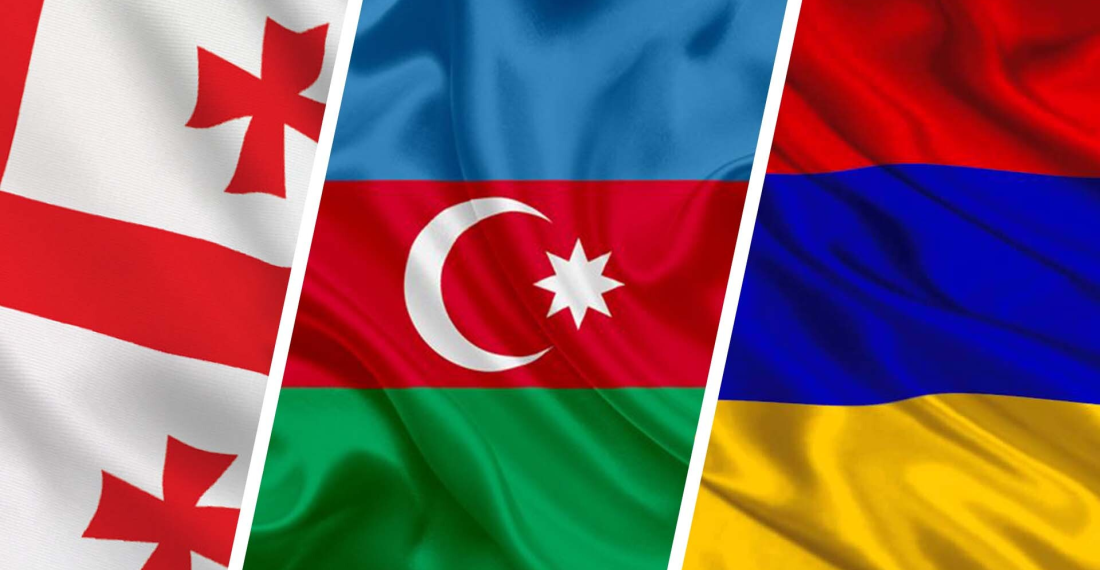This editorial first appeared in the 29 June 2023 issue of our newsletter, Caucasus Concise. If you would like to subscribe to Caucasus Concise, or any other of our newsletters, please click here.
In the chancelleries of Europe diplomats are preparing to go on their annual summer holidays. There are a number of files they would like to neatly close before they do so. The South Caucasus is one of them, writes commonspace.eu in this editorial.
Hard luck. There is no chance that any of the major issues facing the region can be brought to a conclusion yet, and it promises to be a long summer full of surprises. But on a number of issues an end game is approaching. The region is in one of those defining moments which everyone agrees will have a deep and long term impact on the future. People are hoping for the best, but worried about the worst.
First, there is Georgia. By October, it should be clear if the country will get candidate status for EU membership, a hugely symbolic step that would make the possibility of Georgia becoming an EU member state within a decade a reality for the first time. It is not looking good. The Commission recently told the Georgian government it still had a lot of work to do to fulfil the criteria set for it last year. Achieving this was still possible but to meet the October deadline a lot of very hard work still needed to be done. But beyond the nitty gritty of the 12 points that Georgia needs to fulfil is the need for those who hold power in Tbilisi to send a clear message as to where their heart lies. There is still time for that, but only just.
Then there is the business of war or peace between Armenia and Azerbaijan. Both sides appear not convinced its going to be either one or the other. The foreign ministers of the two countries are meeting in Washington this week under the watchful eye of Antony Blinken. They may register progress, but it is unlikely to be enough. In the meantime the leaders, Nikol Pashinyan and Ilham Aliyev, are expected to meet in Brussels towards the end of July. That meeting may tell us more where the wind is blowing. But in the meantime the situation on the ground is not looking good.
Four Armenian soldiers were killed this week in a skirmish in the Armenian controlled part of Nagorno-Karabakh, as the Azerbaijanis continue to turn the screws on what remains, in public at least, a defiant separatist entity which still claims the right to secede. Yerevan is uncomfortable with the situation. It is under pressure to break the talks with Baku, but has not done so.
Much has been covered in the negotiations between Armenia and Azerbaijan over the last eighteen months, and an agreement is within reach, but both sides now need to be seen to be making concessions rather than standing firm, so as to reassure the other side. It is doubtful to what extent they have the political will and capital to do so.
If the scene is not set by October for an imminent peace deal, it is likely the opportunity will pass, with unpredictable consequences.
Over the summer, events, as much as diplomacy and statesmanship will define the agenda
For the first time since the fall of Byzantium, Europe is a central factor in the process of defining the future of the South Caucasus. It has ended up in this situation by default, as much as by connivance.
The war in Ukraine forced the EU to address the issue of membership of Ukraine, Georgia and Moldova at a speed which was considered all but impossible only two years ago. The EU, with a little help from the US, has also emerged as the key broker of a peace agreement between Armenia and Azerbaijan – an area which until recently was seen as purely Russian territory.
The EU has many tools it can deploy as it deals with the future of the South Caucasus but its arsenal is incomplete, and in many ways it is in uncharted waters. It too therefore, is susceptible to unpredictable events in and around the region in the coming weeks.
One piece of advice to those dealing with the South Caucasus in the European capitals as they set off for their holidays this summer: don’t switch off your phones.







